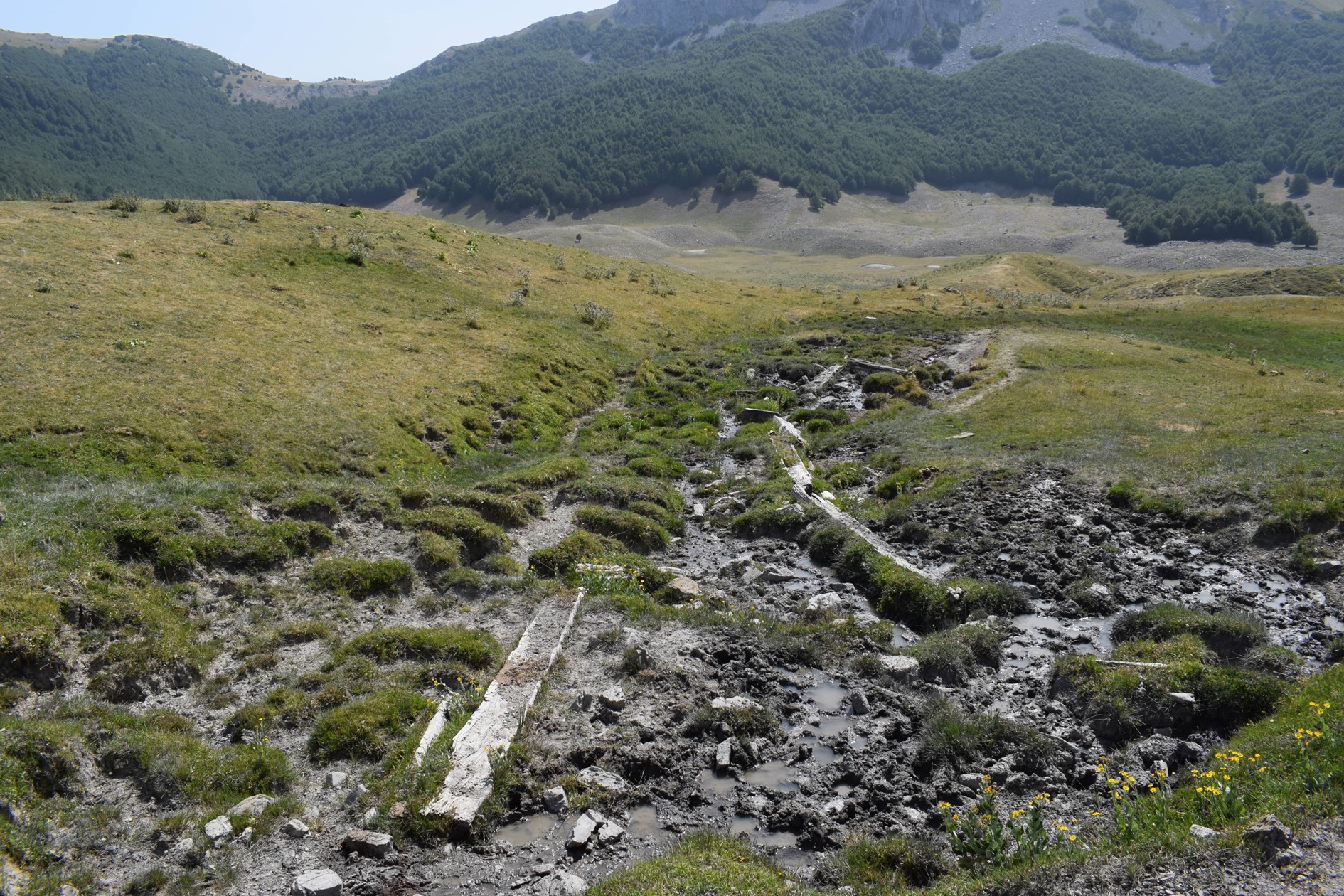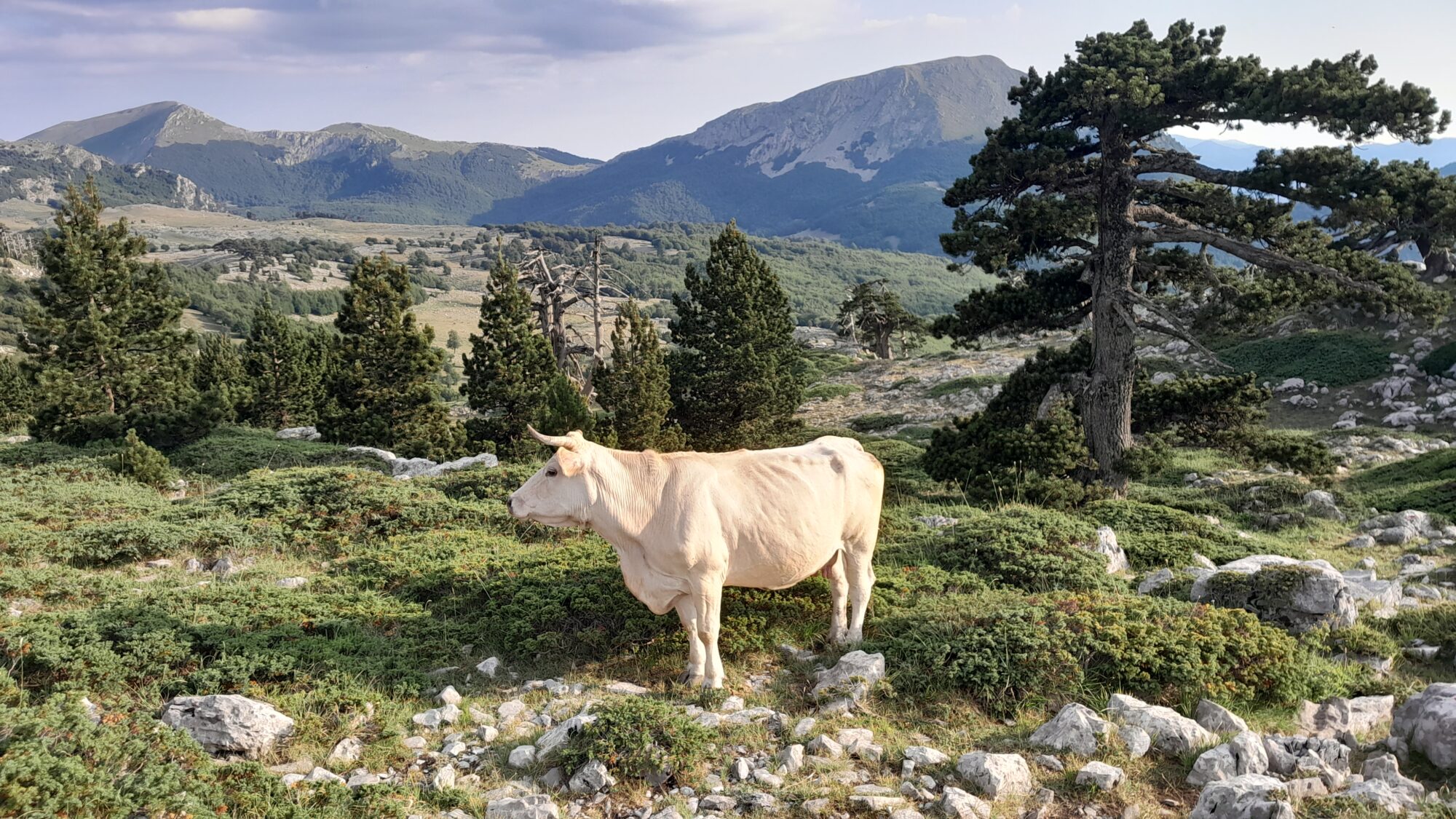The Pollino Archaeological Landscape Project greatly values the participation of the local communities in its research. Local knowledge is vital for understanding past human presence and activities in the Pollino mountains.Therefore, we look for people willing to share their recollections, especially by people that lived in the highlands before it gained its protected status. We would love to speak to modern shepherds that still practise transhumance in and around the park. In addition, we are interested in old photographs, postcards, texts, or films of the previous century that inform on life and work in the Pollino mountains.

So far, we have interviewed several former shepherds and the information we got was invaluable. The best example of this is the abandoned pastoral site of Mandra Vecchia, a site that has had a central part within our research. We used many different archaeological methods to study this site, such as magnetometry, fieldwalking surveys, and drone imagery (see Methodology). The results of these methods greatly improved the documentation of this site, the interpretion of which was greatly enhanced by speaking to someone who had actually lived at this summer camp as a child. Many parts of the pastoral daily life leaves no archaeological traces, which means that we were stuck with a lot of questions, such as how many people lived at Mandra Vecchia? When did they live here? Which areas where used for what? Understanding traditional pastoral life, now almost disappeared from the park, is fundamental to reconstruct its history.


A drinking break on the Piano di Pollino. With the exception of a few wood fragments, little remains of this resting place today. While at first hand they might seem trivial, images like this are invaluable to our project, as it gives much more information than the physical remains can tell us. Left photo: B. de Matteis / Gruppo Speleologico CAI-UGET, Torino.
Contact
Do you want to share your experiences of life on or around the Pollino, or know someone who does, or do you have old images that can be of use to the project, please contact us via antoniolarocca1965@gmail.com!
